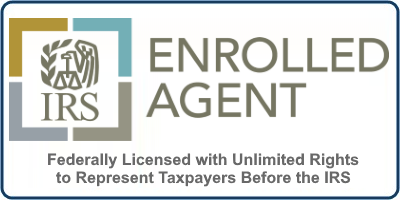Before you file any government documents, it is critical that you have a clear end goal in mind of how you want your organization classified in both state and federal records.
The organizational structure is the core of every nonprofit organization. The first step is to think about the best structure to run your nonprofit. Your board and staff should understand their own roles and responsibilities and how they help further the mission of your organization.
The exact structure of a nonprofit organization depends partly on where it is incorporated – some states have their own requirements for the number of directors or other officers of the nonprofit. However, the basic structure of a nonprofit is generally the same everywhere.
A nonprofit corporation is a time-tested structure, particularly for public charities. The many benefits include:
- A history of case law supporting the limited liability protection provided to directors.
- An IRS familiarity with reviewing and approving tax exempt applications for nonprofit corporations that carries over to evaluating your organization for ongoing compliance with the exempt section of the federal tax code.
- State tax exemptions written based on the traditional nonprofit corporation structure.
- Grant reviewers evaluating proposals based on their understanding of the nonprofit corporation model.
- Donors knowing and feeling comfortable contributing to nonprofit corporations.
Dream Tank USA assists our nonprofit partners by connecting them with an Enrolled agent (or EA), or tax advisor who is a federally authorized tax practitioner empowered by the U.S. Department of the Treasury. Enrolled agents represent taxpayers before the Internal Revenue Service (IRS) for tax issues including audits, collections and appeals.
Enrolled agent status is the highest credential awarded by the IRS. The EA credential is recognized across all 50 U.S. states. Attorneys and certified public accountants (CPAs) are licensed on a state by state basis, and are also empowered by the Department of the Treasury to represent taxpayers before the IRS. Not only will an enrolled agent help your nonprofit stay compliant with the IRS, but he/she will help with Form 1023 and Form 1023-EZ when applying for 501c(3) status as well.


